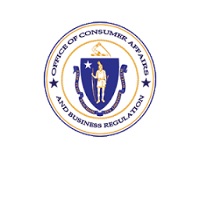
Massachusetts Division of Banks
To maintain public confidence in Massachusetts financial institutions through the oversight of state chartered banks and credit unions, as well as the supervision and licensing of the mortgage lending, money service business, sales finance, debt collection, and loan servicing industries operating in Massachusetts.